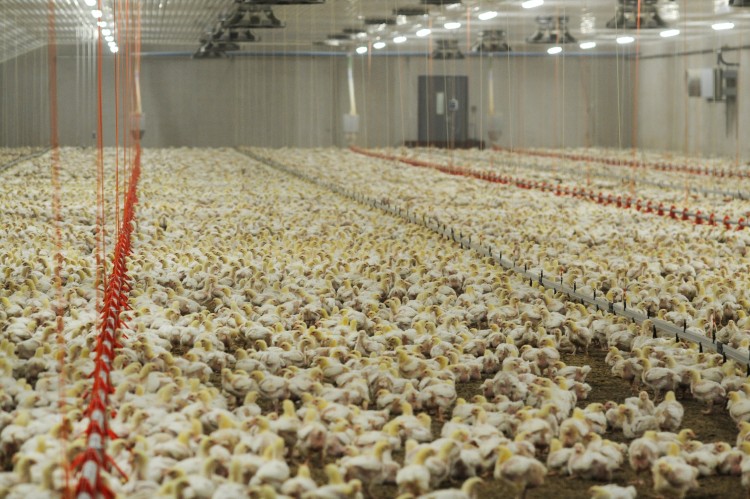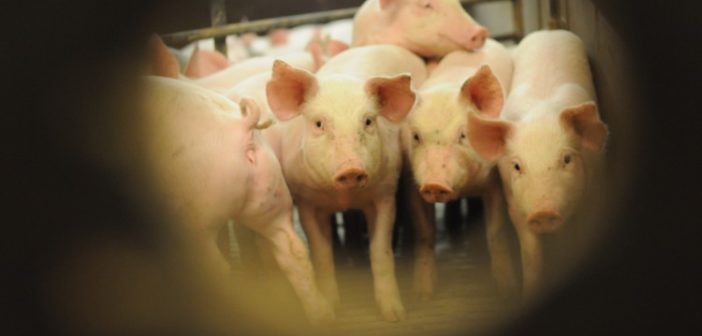Following the recent release of an updated food labeling guidance document, the Animal Welfare Institute (AWI) is appalled that the U.S. Department of Agriculture continues to permit producers to mislead the public with confusing and unsubstantiated animal raising claims on meat and poultry packages.
The USDA’s Food Safety and Inspection Service (FSIS) issued a notice in the Federal Register revising its “Guideline on Documentation Needed to Substantiate Animal Raising Claims for Label Submissions,” after receiving public comments in response to the department’s 2016 guidelines. Yet the updated guidance document ignores 99 percent of comments opposed to the FSIS label approval process for “humanely raised” claims, and wrongly asserts that the department’s process prevents deceptive and misleading claims from entering the market.
“This new document does little to address the USDA’s inadequate oversight, which allows producers to exploit the system,” said Dena Jones, director of the farm animal program for AWI. “Producers can continue to make high-welfare claims on their packages—and charge a premium—without actually improving the treatment of animals raised under their care.”
According to recent research by AWI, the USDA continues to allow producers to deceive consumers by making animal welfare and environmental claims on meat and poultry packaging without sufficient supporting evidence.

As found in AWI’s research and noted by AWI in comments to FSIS, consumers believe that producers making these claims exceed industry standards for animal care. Consumers also want better substantiation of claims and independent verification of compliance.
Among AWI’s concerns with the new guidance is the fact that FSIS continues to allow the use of complex animal raising claims so long as the producer defines the claim on the package. Because these are comprehensive claims, it is not appropriate or feasible for producers to define them on product packages in a manner that would benefit consumers. As mentioned in AWI’s 2014 rulemaking petition, requiring third-party certification for animal raising claims could solve this problem and improve accuracy in labeling.
FSIS also behaves as though animal welfare were a subjective concept that can be defined by individual producers as they see fit. In reality, animal welfare is a scientific concept, and many producer definitions for humane claims currently allowed by FSIS flout animal welfare science. For example, FSIS allows higher-welfare claims to be used on pork in situations where the pigs raised for the product were subjected to painful procedures and housed on barren, concrete floors without any bedding.
Featured image: young pigs in a factory farm in Sweden. Image credit Jo-Anne McArthur / Djurrattsalliansen.





